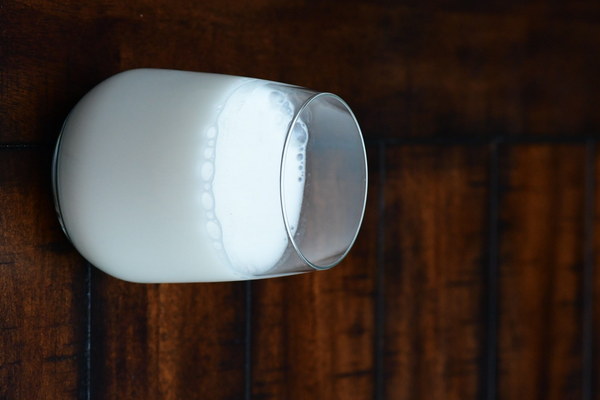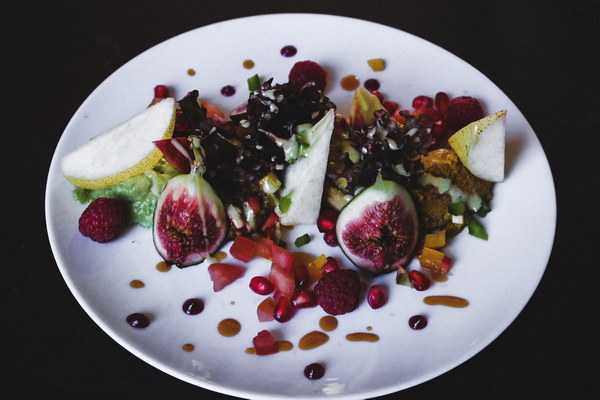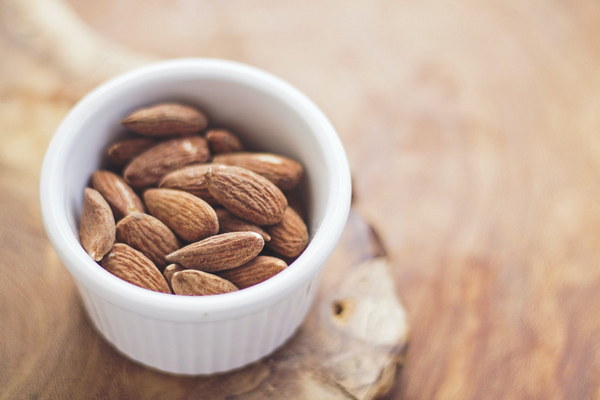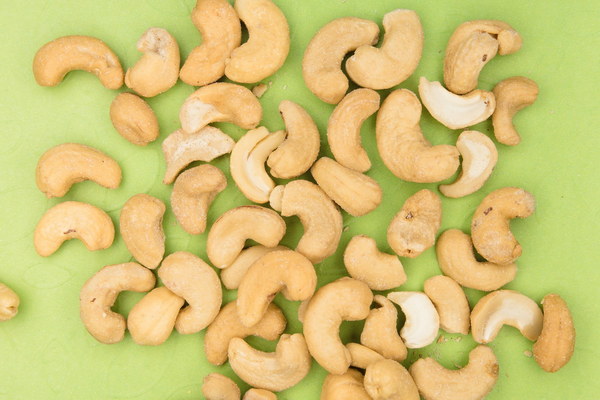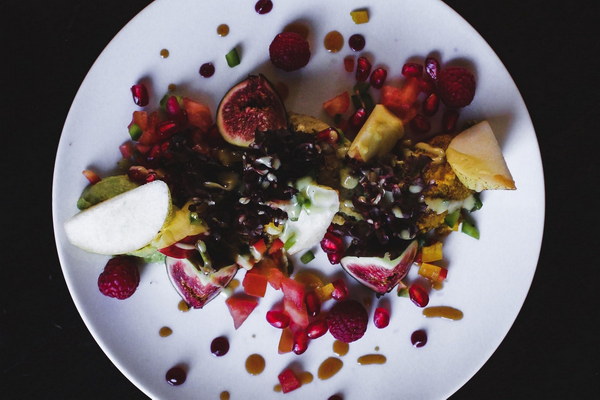Hard Men, Warm Women Nourishing Qi and Blood for a Balanced Life
In the pursuit of holistic well-being, the ancient wisdom of balancing the body's internal energies has been a cornerstone of traditional practices. The adage hard men, warm women encapsulates the essence of this balance, highlighting the importance of nourishing Qi (vital energy) and blood in both genders. This article explores the significance of Qi and blood in the human body, the characteristics of hard men and warm women, and practical ways to enhance their balance for a healthier life.
The Importance of Qi and Blood
In traditional Chinese medicine (TCM), Qi and blood are fundamental to the body's health and vitality. Qi is the life force that flows through the body, providing energy and vitality to every cell, organ, and tissue. It is the essence of life itself, and its proper flow is crucial for maintaining health.
Blood, on the other hand, is the substance that nourishes the body and allows for the transportation of nutrients, oxygen, and hormones. It is also closely linked to emotions and mental health. When Qi and blood are in balance, the body functions optimally, and one experiences a state of harmony and well-being.
Characteristics of Hard Men and Warm Women
The term hard men, warm women is a reflection of the traditional gender roles and their associated energy characteristics. Hard men are typically associated with a strong, robust energy, often embodying qualities like courage, strength, and determination. They are seen as the backbone of the family and society, providing protection and stability.
Warm women, conversely, are associated with nurturing, compassion, and a gentle energy. They are often seen as caregivers, bringing warmth and comfort to those around them. While these characteristics are generalizations, they do reflect the traditional understanding of gender-specific energy types.
Balancing Qi and Blood: Strategies for Hard Men and Warm Women
To maintain a harmonious balance of Qi and blood, both hard men and warm women can benefit from the following practices:
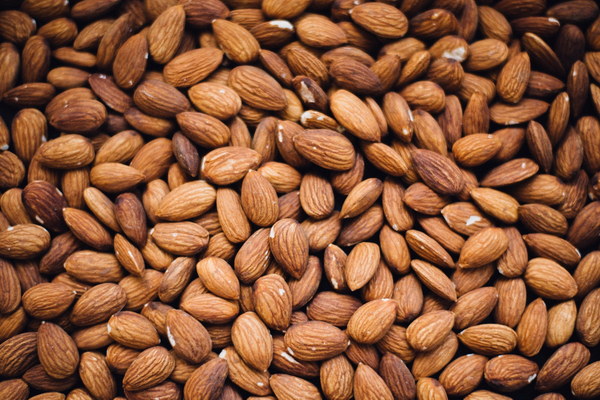
1. Dietary Adjustments: Incorporate foods that are rich in iron, vitamins, and minerals to support blood health, such as leafy greens, nuts, seeds, and legumes. For Qi, focus on foods that are warming and energizing, like ginger, garlic, and root vegetables.
2. Regular Exercise: Engage in physical activities that increase blood circulation and enhance Qi flow. Activities like tai chi, qigong, and yoga are particularly beneficial as they focus on breath and movement, promoting a harmonious balance of body and mind.
3. Adequate Rest: Ensure sufficient sleep to allow the body to rejuvenate and restore Qi and blood. Hard men may benefit from restful periods to prevent burnout, while warm women can find solace in relaxation techniques to maintain their nurturing energy.
4. Mental Health: Practice mindfulness and stress-reduction techniques to support emotional well-being. This can help maintain the balance between the hard and warm aspects of one's personality.
5. Herbal Remedies: Consider using herbal supplements that are known to nourish Qi and blood. Ingredients like Astragalus, Codonopsis, and Ginseng are often recommended in TCM for these purposes.
6. Acupuncture and Massage: These therapies can help stimulate Qi and blood flow, alleviating blockages and promoting overall health.
By integrating these practices into their daily lives, both hard men and warm women can enhance their Qi and blood balance, leading to improved physical and mental health, as well as a greater sense of overall well-being.
In conclusion, the balance of Qi and blood is essential for health and vitality. Whether one is a hard man or a warm woman, embracing practices that support this balance can lead to a more fulfilling and harmonious life. By understanding and nurturing the unique energy characteristics associated with each gender, individuals can cultivate a state of inner peace and outer strength, embodying the essence of the timeless adage hard men, warm women.
